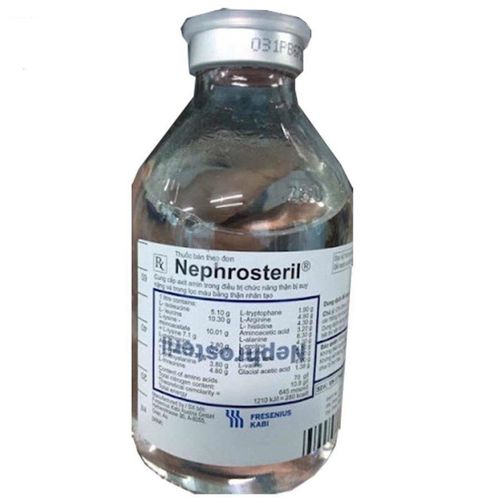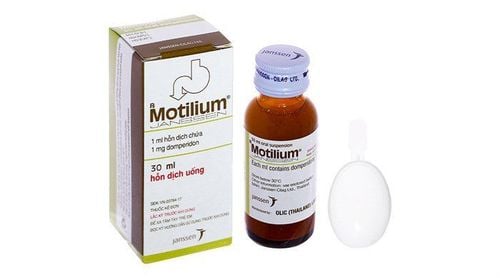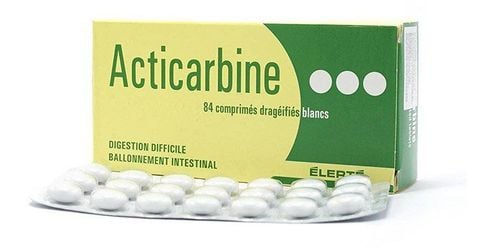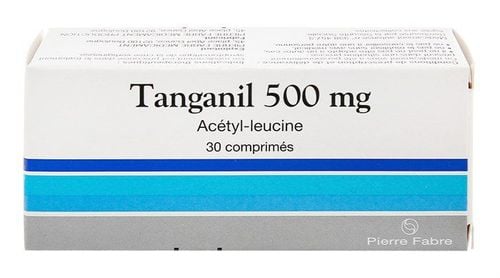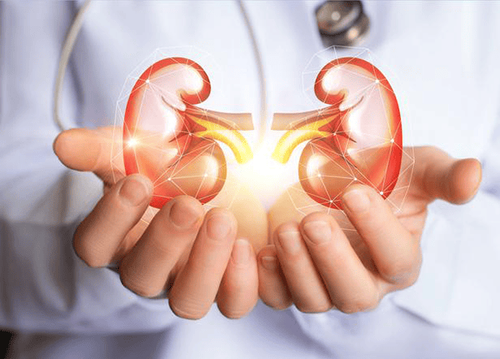The article was professionally consulted by MA,MD Le Thi Minh Huong - Resuscitation - Emergency Doctor, Department of Resuscitation - Emergency, Vinmec Nha Trang International General Hospital
5-15% of hemodialysis patients experience nausea and vomiting. This is one of the common complications in patients undergoing hemodialysis. The cause is often due to hypotension, reaction to the dialysis filter,...
1. What is hemodialysis?
Hemodialysis is a method of filtering blood outside the body, by establishing extracorporeal circulation. The patient's blood will be led into the filter of the hemodialysis machine, waste products and excess water is filtered out, and finally the blood will be returned to the body. This is one of the treatment methods for patients with end-stage renal disease. The blood filtration process will be replaced by a filtering machine instead of the kidney. However, hemodialysis can cause many complications such as:
- Hypotension
- Infection
- Crams
- Nausea, vomiting
- Itching
- Blood clot formation
- Chest pain, back pain
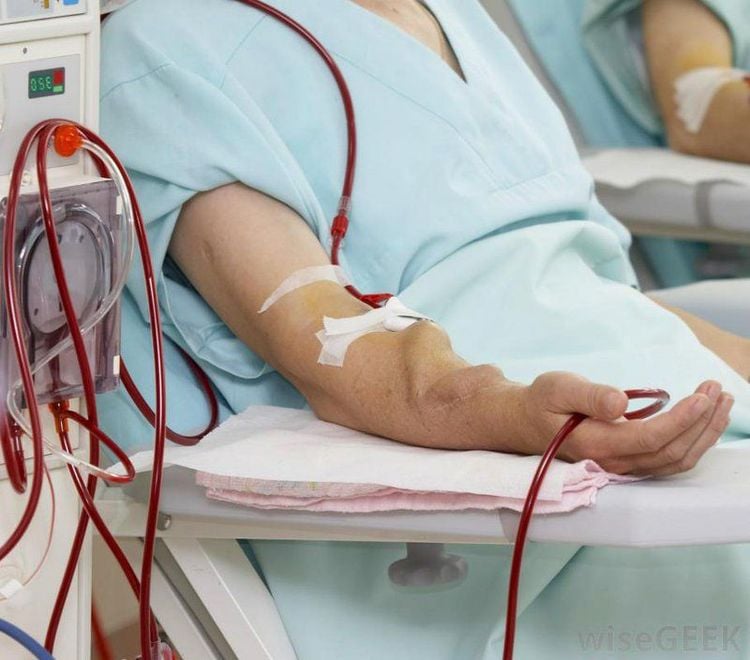
2. Causes of nausea during hemodialysis
Nausea and vomiting are common complications in hemodialysis patients, occurring in about 5-15% of routine dialysis cases. There are many causes of nausea and vomiting, most of which are due to hypotension. In addition, some other causes of symptoms include:
- Early symptoms of fluid imbalance
- Dialyzer reaction
- Mild gastroparesis: Common in diabetic patients
- Contaminated dialysate
- Imbalance of electrolytes, such as sodium and calcium in the dialysate.
Patients on dialysis are more likely to experience nausea and vomiting than other patients. In addition, hemodialysis can aggravate symptoms in other diseases.
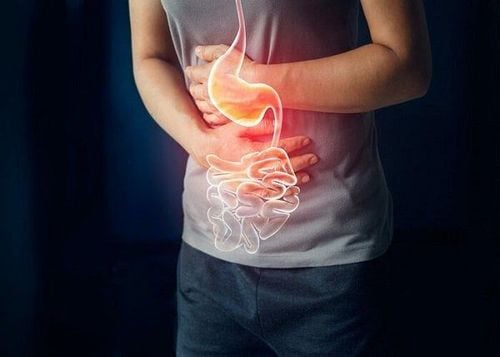
3. Treatment
To treat complications of nausea and vomiting, it is necessary to treat the cause. First of all, if the patient has hypotension, it is necessary to treat and maintain stable blood pressure. Antiemetics can be used for other causes if necessary.
In addition, preventing hypotension during hemodialysis is of utmost importance. Persistent symptoms unrelated to hemodynamics can be relieved by using antiemetics. In addition, patients with end-stage renal failure when treated with hemodialysis need to be especially strict in their diet. Limit foods high in salt and potassium, provide adequate protein intake, and patients should not drink too much water to limit the risk of edema.
In short, hemodialysis causes many complications, significantly affecting the health and daily life of patients. Nausea and vomiting are common complications, accounting for about 5-15%. Common causes include hypotension, dialyzer reactions, and mild gastroparesis…When you see any unusual signs, you should immediately notify the doctor for timely treatment.
To arrange an appointment, please call HOTLINE or make your reservation directly HERE. You may also download the MyVinmec app to schedule appointments faster and manage your reservations more conveniently.
To arrange an appointment, please call HOTLINE or make your reservation directly HERE. You may also download the MyVinmec app to schedule appointments faster and manage your reservations more conveniently.

